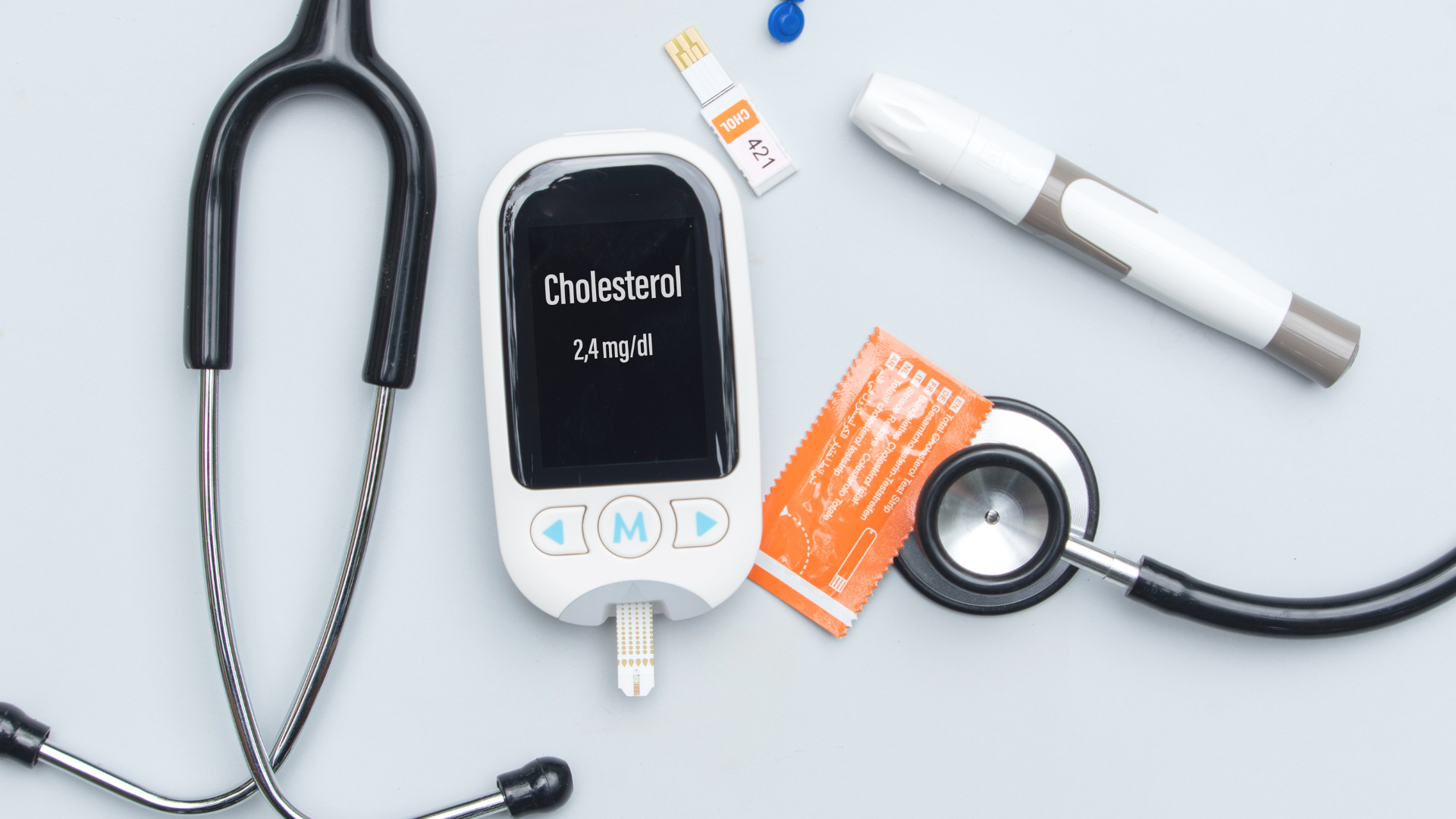Menopause is a natural transition in every woman’s life, but it often brings a mix of physical, emotional, and metabolic challenges. From hot flashes and mood swings to weight gain, bloating, and digestive changes, the symptoms can feel overwhelming. While hormone replacement therapy (HRT) and lifestyle adjustments are common approaches, a new player is gaining attention in women’s health: personalized probiotics based on the microbiome.
But can these custom microbiome solutions really help ease menopause symptoms? Let’s dive into the science, benefits, and future potential of personalized probiotics for women navigating menopause.
Understanding Menopause and Its Impact on the Body
Menopause typically occurs between ages 45 and 55, marking the end of menstruation and reproductive years. The decline in estrogen and progesterone not only affects fertility but also influences many body systems, including:
- Metabolism: Weight gain and increased belly fat are common.
- Bone health: Lower estrogen raises the risk of osteoporosis.
- Heart health: Cardiovascular risks increase after menopause.
- Mood and sleep: Anxiety, irritability, and insomnia often occur.
- Gut health: Hormonal shifts can disrupt digestion, leading to bloating, constipation, or changes in bowel habits.
These widespread effects highlight why menopause management requires more than just symptom relief—it calls for holistic support.
The Gut–Hormone Connection: Why Microbiome Matters in Menopause
Recent research has uncovered a fascinating relationship between gut health and hormonal balance. The gut microbiome—the trillions of bacteria, fungi, and other microbes living in the digestive tract—plays an active role in regulating estrogen metabolism.
- Estrobolome: A subset of gut bacteria that metabolizes and recycles estrogen. When balanced, it helps maintain healthy estrogen levels. An imbalanced microbiome, however, can worsen estrogen fluctuations.
- Inflammation: Gut dysbiosis (imbalance) increases inflammation, which can intensify menopause symptoms like joint pain, hot flashes, and mood changes.
- Metabolism & weight: The microbiome influences how efficiently the body processes nutrients and stores fat, which is critical during menopause when metabolism slows.
- Mental health: Gut bacteria produce neurotransmitters like serotonin and GABA, affecting mood and sleep—two areas often disrupted in menopause.
This gut–hormone axis is why probiotics and microbiome health have become central to women’s health research.
What Are Personalized Probiotics?
Unlike generic probiotics you buy off the shelf, personalized probiotics are custom formulations created based on an individual’s gut microbiome profile.
How They Work:
- Microbiome Testing: A stool or saliva sample is analyzed to identify dominant bacterial strains, diversity, and imbalances.
- Health Goal Assessment: Factors like digestion, immunity, metabolism, and menopause symptoms are considered.
- Custom Blend: Probiotic strains are selected and dosed specifically for that person’s microbiome needs.
This tailored approach aims to restore balance more effectively than one-size-fits-all probiotic supplements.
Can Personalized Probiotics Help During Menopause?
Emerging evidence suggests that microbiome-based interventions could ease some of the most disruptive menopause symptoms. Here’s how:
1. Hormonal Balance Support
Certain probiotics can enhance estrogen metabolism and help maintain balance during hormonal decline. By improving estrobolome function, personalized probiotics may reduce the intensity of hot flashes, night sweats, and irregular cycles in perimenopause.
2. Better Digestive Health
Bloating, constipation, and gut sensitivity often worsen during menopause. A custom probiotic blend targeting digestive imbalances may help regulate bowel movements, reduce gas, and support nutrient absorption.
3. Bone and Heart Health
Probiotics such as Lactobacillus reuteri and Bifidobacterium longum have been linked to improved calcium absorption and reduced inflammation, which supports bone density and cardiovascular health—two major concerns post-menopause.
4. Weight Management & Metabolism
Personalized probiotics may influence fat metabolism and reduce inflammation-related weight gain. For women struggling with abdominal fat after menopause, microbiome support could be a valuable tool alongside diet and exercise.
5. Mood & Sleep Regulation
Since gut bacteria help regulate neurotransmitters, microbiome imbalances may worsen anxiety, depression, and insomnia. Personalized probiotics designed to restore gut-brain communication could support better sleep quality and emotional stability.
Personalized Probiotics vs. Generic Probiotics
| Feature | Generic Probiotics | Personalized Probiotics |
| Formulation | Standard strains (Lactobacillus, Bifidobacterium) | Tailored to individual microbiome |
| Effectiveness | Broad benefits, may not target specific issues | Higher potential for symptom-specific relief |
| Cost | Affordable, widely available | More expensive due to testing and customization |
| Suitability | Good for general gut support | Best for people with unique needs (menopause, chronic conditions) |
For menopause, where symptoms vary widely, personalization is especially valuable.
Scientific Evidence: What Research Says
While personalized probiotics are still a developing field, studies highlight promising connections:
- Gut microbiota and estrogen: Research shows women with diverse gut bacteria maintain healthier estrogen levels during menopause.
- Bone health: Clinical trials suggest probiotic strains may improve bone mineral density in postmenopausal women.
- Mood & cognition: Probiotic supplementation has been linked to reduced anxiety and improved memory in older women.
- Weight management: Personalized microbiome interventions have shown positive effects on insulin sensitivity and fat storage.
Though more large-scale clinical trials are needed, the trend is clear: microbiome solutions are an exciting frontier in menopause care.
How to Get Started with Personalized Probiotics
If you’re considering trying personalized probiotics during menopause, here are the steps:
- Consult a healthcare provider: Discuss symptoms and whether microbiome testing is appropriate.
- Choose a reputable service: Several companies now offer at-home microbiome kits with tailored probiotic plans.
- Be consistent: Probiotics work best with long-term use, not as a quick fix.
- Pair with lifestyle changes: A gut-friendly diet, exercise, stress management, and adequate sleep enhance results.
- Monitor and adjust: Microbiomes evolve, so periodic re-testing ensures your plan stays effective.
Other Gut-Friendly Practices for Menopause
Even if personalized probiotics aren’t accessible, you can still support your microbiome with daily habits:
- Eat prebiotic foods: Garlic, onions, bananas, asparagus, oats, and flaxseed feed good bacteria.
- Increase fiber intake: Whole grains, legumes, and vegetables support digestion and gut health.
- Reduce sugar & processed foods: They promote harmful bacteria growth and inflammation.
- Stay hydrated: Essential for digestion and metabolism.
- Consider fermented foods: Yogurt, kefir, kimchi, and sauerkraut naturally boost good bacteria.
Challenges and Limitations of Personalized Probiotics
While the potential is exciting, personalized probiotics aren’t a magic cure:
- Cost & accessibility: Microbiome testing and custom supplements can be expensive.
- Limited regulation: The probiotic industry is not strictly regulated, so quality varies.
- Research gaps: More long-term studies are needed to confirm benefits for menopause specifically.
- Individual differences: Not every woman will experience the same results, even with personalization.
Still, the field is rapidly evolving, and ongoing research is expected to refine and expand its effectiveness.
Future of Personalized Microbiome Solutions in Women’s Health
As precision medicine advances, personalized probiotics could become a cornerstone of menopause care. With more sophisticated testing and AI-driven analysis, custom microbiome therapies may one day prevent or minimize age-related health risks such as osteoporosis, cardiovascular disease, and cognitive decline.
Healthcare is moving toward personalization, and microbiome-based solutions align perfectly with this trend.
Final Thoughts
Menopause is more than just a hormonal shift—it’s a whole-body transition that impacts digestion, mood, metabolism, and long-term health. Personalized probiotics, designed around an individual’s unique microbiome, offer a promising new way to ease symptoms and support overall well-being.
While they may not replace conventional treatments, they can complement diet, lifestyle, and medical care to provide a holistic approach to menopause management. For women seeking natural, science-backed options, custom microbiome solutions could be the future of menopause care.





